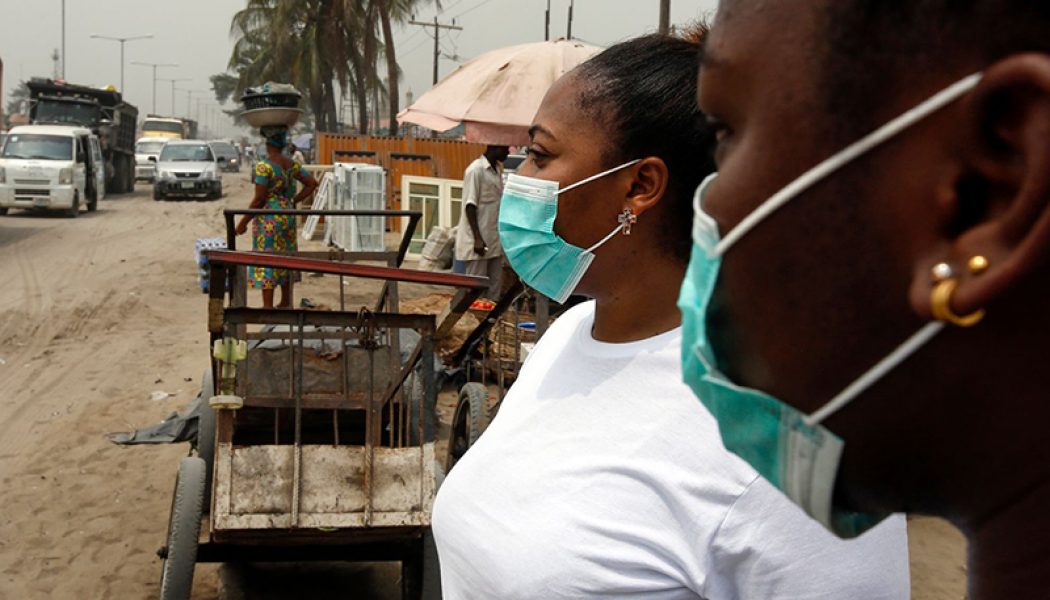Coronavirus Nigeria
How Telecoms Can Rebuild Nigeria in the Wake of COVID-19
Sourced from the Guardian Nigeria. The COVID-19 worldwide pandemic has had and could continue to have long-lasting devastating effects on all social and economic sectors. For Nigeria, the pandemic can be seen as an eye-opener and a rude awakening to a new normal-knowledge economy. Apart from certain ingenious initiatives in Lagos and a few other states, Nigeria’s overall response to the pandemic has been less than satisfactory, writes The Guardian Nigeria. New, upcoming phases of recovery and thriving will be defining for the country. Now, in this crisis, it has become clear that telecommunications are playing a large role in retaining any semblance of normalcy in the country. In the recovery stage, telecoms could continue to help manage the transition out of COVID-19 related stagnation as...
Platform Simplifies Access to COVID-19 Interventions in Nigeria
Sourced from Mail & Guardian. Beating Corona Nigeria, the country’s leading virtual intervention database has restructured its model to help disadvantaged Nigerians in need of interventions connect with the relevant non-profits. The platform itself kicked off last month, 9 April, and has recorded a massive amount of data. It continues to actively connect interveners to the people who need access to interventions. After recommendations to resolve the platform’s challenges with making interventions accessible, the database was pivoted towards a new model. With this pivot, the intervention database properly complements the core of the platform’s mission. Some of the major updates on the platform now allows for a search bar that can enable interventions to be easily found, a breakdown of a...
COVID-19 Exposes Lack of ICT Policy in Nigeria’s Education System
Sourced from the Chronicle of Education The COVID-19 pandemic has exposed the fragile state of Nigeria’s education system. A system which the Guardian Nigeria describes as “messy,” one that “lacks information and communications technology (ICT) ingredients, leaving the system to churn out half-baked graduates.” They write that with the continued closure of schools in an attempt to contain the spread of the pandemic – children are now going to be severely disadvantaged, and their families will suffer because of the interrupted learning, compromised nutrition, childcare problems, and consequent economic cost to families who could not work. Today, the distinctive rise of e-learning had made education change drastically – teaching can be undertaken remotely and on digital platforms. But in Nig...



